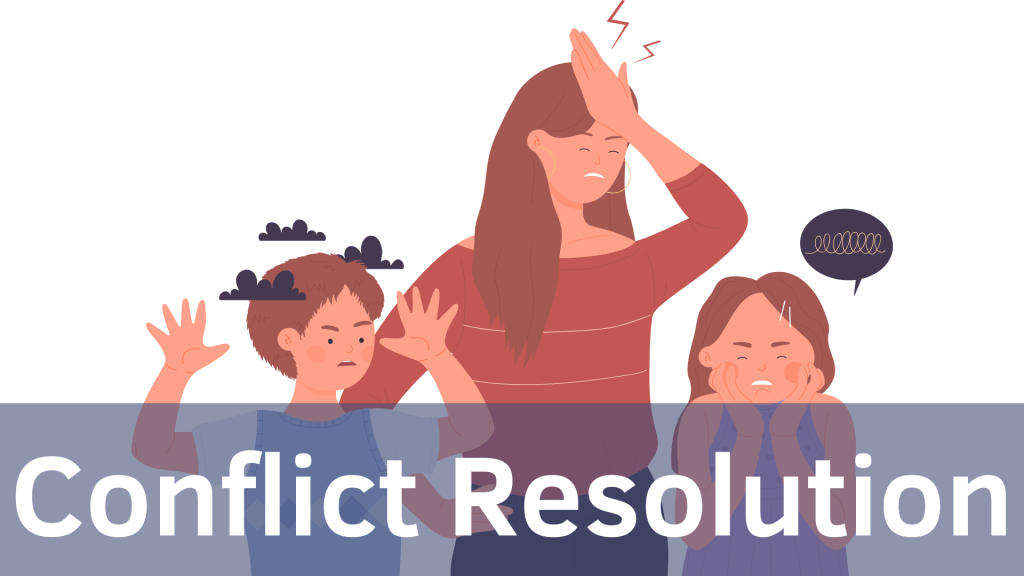Introduction:
Friendship plays a vital role in a child’s social and emotional development. It provides them with a sense of belonging, support, and happiness. However, not all children possess the natural skills to build and maintain friendships easily. As parents, it is crucial to guide and teach our children the necessary friendship skills to help them navigate social interactions successfully. In this article, we will explore effective strategies to teach kids about friendship, from discussing the meaning of friendship to engaging in activities that promote positive relationship building.
Talk about What Friends Are
To lay the foundation for understanding friendship, initiate a conversation with your child about what being a friend means. Encourage them to express their thoughts and then share your own definition of friendship. Emphasize the qualities of a good friend, such as being trustworthy, supportive, and caring. Additionally, have your child brainstorm a list of actions friends can take to show their friendship. Discuss the different behaviors and their impact on others, helping them understand how certain actions can foster positive relationships.
Read Books about Friends
Children’s literature offers a wonderful opportunity to explore the concept of friendship through engaging stories. Select age-appropriate books that focus on friendship and read them together with your child. As you go through the story, encourage your child to make predictions and discuss the characters’ behaviors and emotions. Relate the events in the book to your child’s own experiences, asking if they have encountered similar situations. By using books as a tool, you can help your child gain insights into friendship dynamics and develop empathy towards others.
Practice Friendly Character Traits
Learning to be a good friend involves developing certain character traits. Identify these traits, such as taking turns, offering encouragement, sharing, listening, being patient, and including others. Choose one trait at a time to focus on and discuss its significance in fostering healthy friendships. Create scenarios or engage in role-playing activities where your child can practice these traits. By doing so, they will learn to connect their actions with the emotions of others, promoting empathy and understanding.
Tell Stories about Friendship for Kids
Storytelling is a powerful tool for teaching children valuable lessons. Craft a story about friends and involve your child in the storytelling process. Allow them to make decisions for the characters and explore the consequences of those choices. Discuss different outcomes and encourage your child to reflect on the impact their decisions can have on their friendships. This activity promotes critical thinking and helps children develop a greater understanding of the consequences of their actions.
Don’t Overreact to Age-Appropriate Behavior
Children are still learning how to navigate social interactions, and it is important not to overreact to age-appropriate behaviors that may not always be kind. Instead, view these situations as teaching opportunities. Calmly address any instances where your child’s behavior may hurt others’ feelings and explain why it is important to treat friends with respect and empathy. Encourage them to apologize and suggest alternative ways they could have handled the situation. By providing guidance and teaching them alternative strategies, you help your child develop healthier approaches to social interactions.
Celebrate Your Own Friendships
As a parent, you play a significant role in shaping your child’s understanding of friendships. Let your child see that you value and cherish your own friendships. Plan activities where your child can witness you enjoying positive and healthy relationships with your friends. Talk to them about why you enjoy spending time with your friends and emphasize the importance of maintaining and nurturing these connections. By modeling healthy friendships, you provide your child with a positive example to emulate.
Start with Small Groups
Navigating friendships can be challenging, particularly for young children. To help your child build healthy friendships, begin with small group interactions. Organize playdates with one or two other children, allowing your child to practice their social skills in a more manageable setting. While supervising the playdate, observe and step in when necessary to help your child navigate any conflicts or challenges that arise. Remember that different age groups may have varying dynamics, and understanding these dynamics will aid in guiding your child effectively.
Make Gifts for Friends
Encourage your child to express their appreciation for their friends by creating handmade gifts. Engage their creativity and imagination to make something special, such as friendship bracelets, artwork, or personalized notes. Help them consider their friend’s interests when deciding on the gift. Assist in wrapping the gift and arrange a time for your child to present it to their friend. Witnessing the joy and excitement on their friend’s face will reinforce the value of giving and strengthen their bond.
Conclusion
Developing friendship skills is a gradual process that requires guidance, patience, and practice. By implementing these strategies, parents can equip their children with the necessary tools to become better friends. Encourage open discussions, engage in meaningful activities, and model healthy friendships. Remember to celebrate your child’s progress along the way, fostering their self-esteem and confidence. With your support, children can develop the skills to navigate social interactions successfully and cultivate lifelong friendships.




